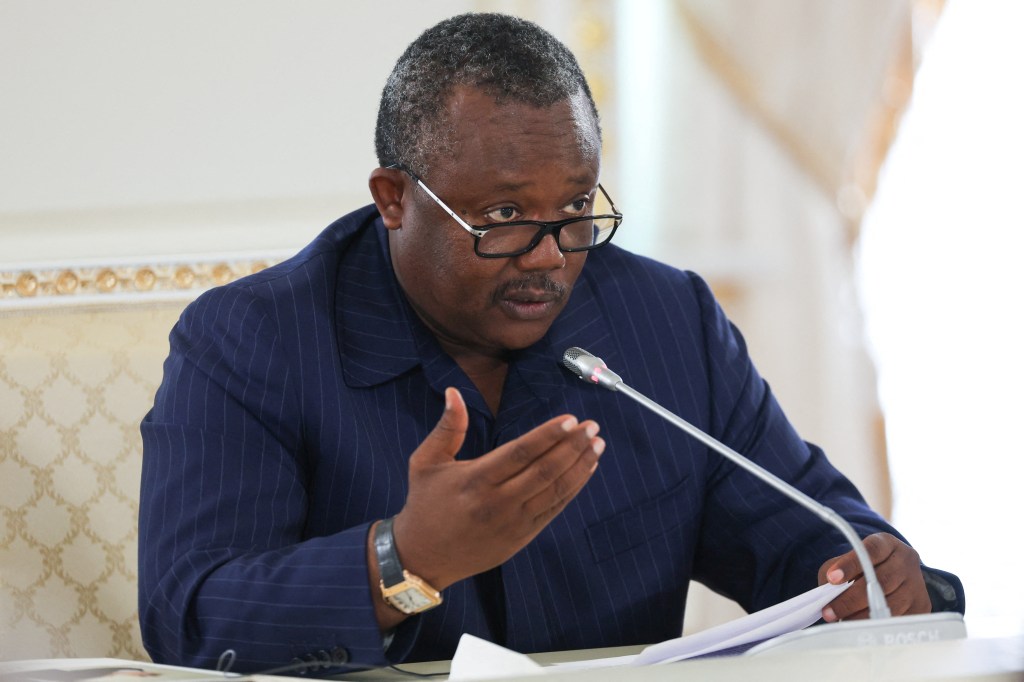Amid political tension in Guinea-Bissau following President Umaro Sissoco Embaló’s dissolution of parliament in December, it was only natural for radio journalist Ussumane Mané to ask the West African leader a question that was on everyone’s lips: will there be a presidential election this year?
Embaló, a former army general who came to power on February 27, 2020, following a disputed poll, responded by swearing at Mané during the July 13 news conference at the airport in the capital Bissau.
The incident is emblematic of the fractious relationship between Embaló’s administration and the press, with differences mounting since the president’s dismissal of parliament following clashes that he said were an attempted coup.
“President Embaló’s outbursts and threats against the media, coupled with police violence against journalists, paint a bleak picture of press freedom ahead of Guinea-Bissau’s legislative elections in November,” said Committee to Protect Journalists’ (CPJ) Africa Program Coordinator Muthoki Mumo, in Nairobi. “Authorities must investigate attacks on the press and ensure the media can do their jobs freely.”
Since July, at least 16 journalists have been obstructed, expelled, or even attacked by police and government officials while trying to report the news.
Read more about the state of press freedom in Guinea-Bissau.
- Paramilitary group kidnaps, demands ransom for Sudanese journalist
- CPJ, others reject 7-year prison sentence for Brazilian journalist over blog
- CPJ, others:China criminalizing journalism in Hong Kong with Stand News verdict
- Russian journalist Sergey Mikhaylov sentenced to 8 years in prison
- Russia labels exiled journalist Galina Timchenko a ‘foreign agent’
- Kyrgyzstan Supreme Court upholds shuttering of investigative outlet Kloop
- CPJ concerned by Kazakhstan’s restrictive new media accreditation
Spotlight
CPJ and #KeepItOn coalition partners have called on Nicolás Maduro’s government to stop imposing internet shutdowns and blocking essential communication platforms in Venezuela in response to post-election protests.
After Maduro was declared the winner of the July 28 presidential contest, authorities shut down the internet and blocked platforms like X, Reddit, and Microsoft Teams and the encrypted messaging service Signal. Such shutdowns violate Venezuela’s constitution and the right to freedom of expression.
The coalition urged the international community, including the Freedom Online Coalition, the United Nations, and the Organization of American States, to call for an end to the crackdown and hold Maduro to account for all human rights abuses.
Read the full statement here.
- How the quiet war against press freedom could come to America — A.G. Sulzberger, The Washington Post
- Behind the byline: The mental load of journalism — Brygettes Ngana, Nation Media Group
- Journalists in Venezuela protect themselves with AI avatars that present the news — Katherine Pennacchio, LatAm Journalism Review
